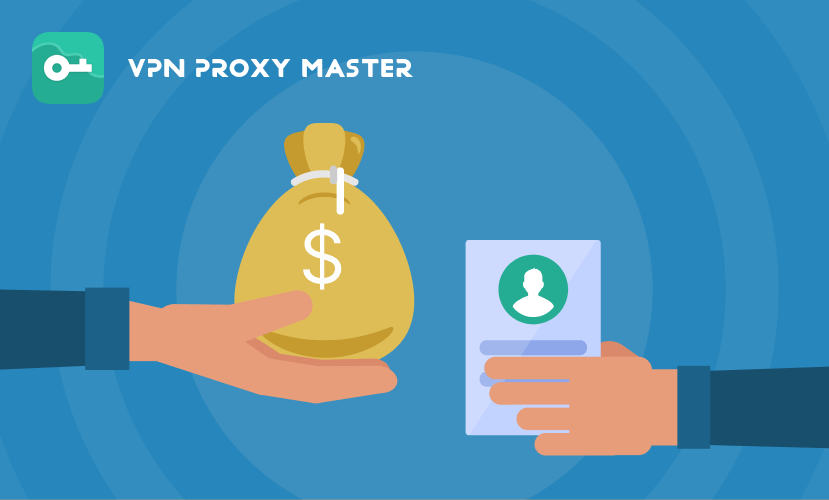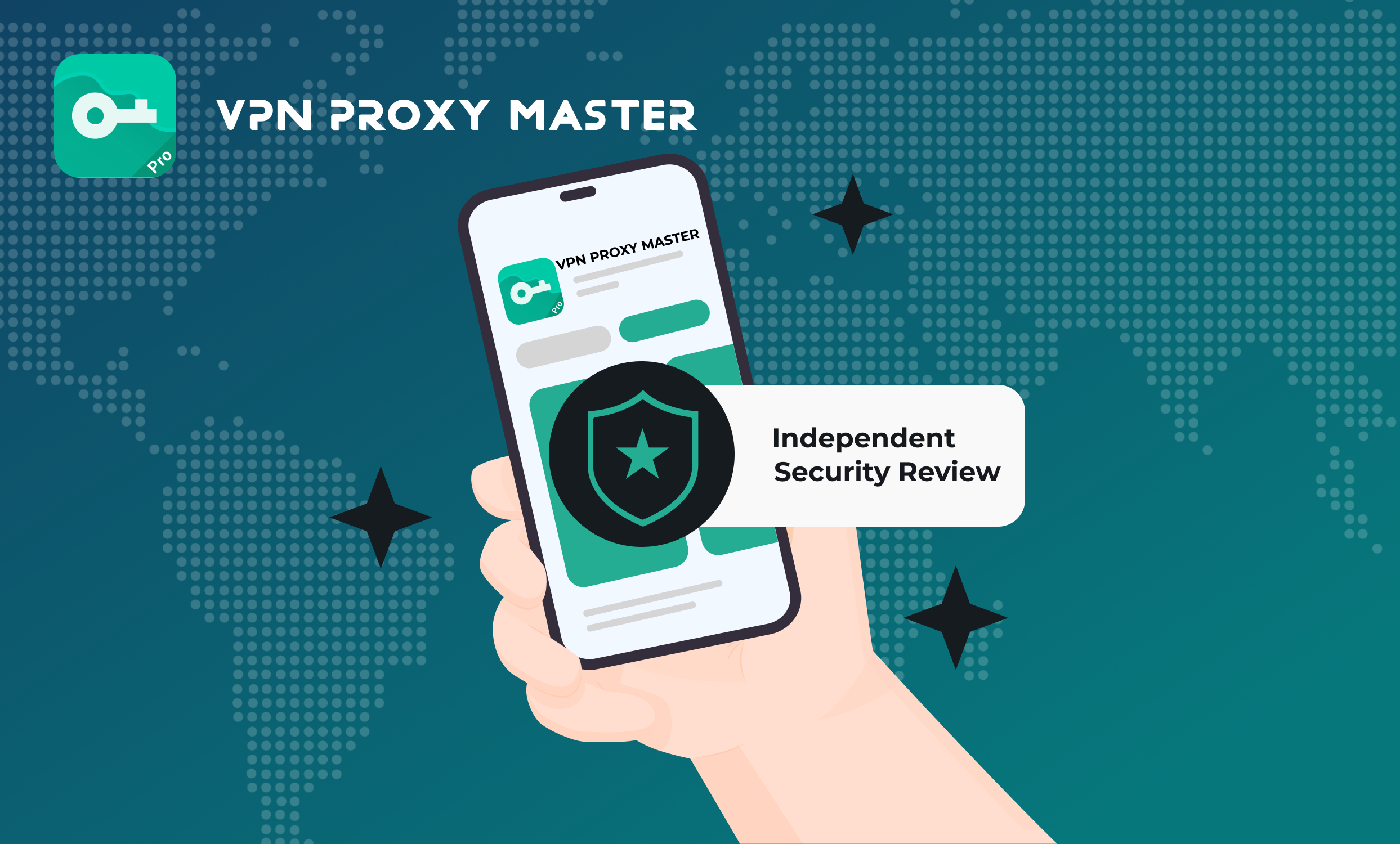Ever received an advertisement that seemed eerily tailored to your interests? You might have brushed it off as a coincidence, but chances are it wasn’t random at all. Many businesses acquire your personal information from data brokers, shaping your online experiences and privacy in ways you may not realize.

What is a data broker
Data brokers, also known as information brokers, are companies that aggregate and sell consumer data to other businesses for various purposes, including targeted advertising, market research, and risk mitigation. They collect data from multiple sources, such as public records, online activities, social media platforms, surveys, and purchases, to create detailed profiles of individuals. And the types of information collected include: Full name, Age and gender, Address, Marital status and family relationships, Social Security number, Assets, Interests, hobbies and political views and so on.
How data brokers get your information
1. Public Records
Data brokers scour public records, including property records, court documents, and voter registration lists, to gather information such as your name, address, phone number, and more.
2. Online Activities
By tracking your online activities across websites and platforms, data brokers can compile a detailed profile of your interests, preferences, and behavior. This data may include your browsing history, search queries, social media interactions, and online purchases.
3. Social Media Platforms
Many data brokers extract data from social media platforms, where users often share personal details, photos, and updates about their lives. Even if your profiles are set to private, certain information may still be accessible to data brokers through third-party apps and APIs.
4. Purchase Histories
Data brokers obtain information about your purchasing habits from retailers, e-commerce platforms, and loyalty programs. This data allows them to create profiles based on your shopping preferences, frequency of purchases, and product interests.
5.Mobile Apps
Many mobile apps collect and share user data with third parties, including data brokers, often without users' explicit consent. This data may include your location, device information, and app usage patterns.
Some proactive steps to safeguard your data
1.Stay informed about data privacy regulations in your country or state to see what your rights are.
2.Regularly review your privacy settings on social media and other online accounts to limit the information shared with third parties.And don’t overshare personal information on social media.
3.Use privacy-focused tools like VPNs to encrypt your internet traffic and conceal your online activities from prying eyes.
4.Thinking twice before you sign up for a loyalty program.
5.Avoid downloading risky apps from untrustworthy sources and delete any unnecessary apps you don’t use.
6.Avoid participating in online quizzes or entering online sweepstakes – these often capture data about you.
Conclusion
In today's digital age, where personal data is the new currency, understanding the role of data brokers is essential. These entities operate largely behind the scenes, collecting and selling vast amounts of personal information without our knowledge. At VPN Proxy Master, we're committed to empowering users with the knowledge and tools they need to safeguard their online privacy. Visit our official website to learn more about our VPN services and how they can help protect your data from data brokers and other online threats.















